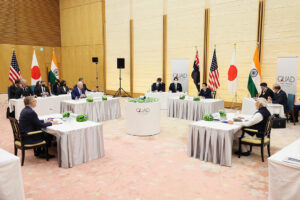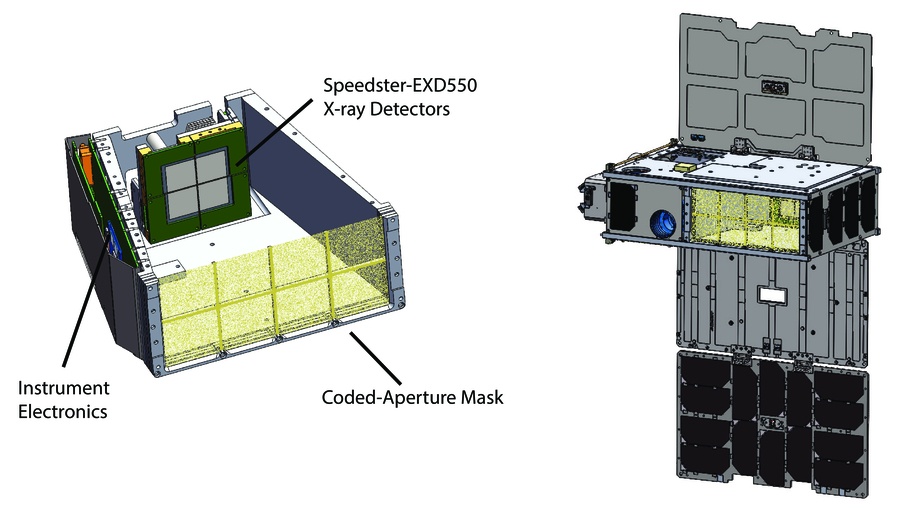Nadi Tarangini, an indigenously developed pulse diagnostic tool, has become India’s first ayurvedic medical device to receive approval from the Central Drugs Standard Control Organization (CDSCO), the national regulator for cosmetics, pharmaceuticals, and medical devices in the country.
The device is the brainchild of Padma Bhushan awardee Prof. J.B. Joshi, Chancellor of the Institute of Chemical Technology (formerly UDCT) and President of Marathi Vidnyan Parishad. It has been developed by Dr Aniruddha Joshi following over six years of research at IIT Bombay.
The duo shared details about the device at a press conference held in Pune on Monday. The price of Nadi Tarangini is ₹55,000 and its manufacturing company, Atreya Innovations, is based in Hinjewadi, Pune. At present, the company has the capacity to manufacture 5,000 Nadi Tarangini devices per year. The company has recently received seed funding of ₹5 crore, which the company will use for further research, setting up a distribution network, and increasing its production capacity.
During the process for the CDSCO certification, over 25,000 individuals were examined and a report was submitted. When the pulse is tested through the Nadi Tarangini, a 10-page report that involves 22 ayurvedic parameters is obtained. This device has the facility to make this report available in 10 Indian languages. D. Joshi also highlighted the fact that the accuracy of Nadi Tarangini is about 85 per cent.
Speaking on the occasion, Joshi said, “I am indeed happy to see the idea conceptualized about two decades ago coming into reality by getting the Government’s approval for its use. It will not only give a new direction to Ayurvedic treatment. Still, it will also mark the beginning of the standardisation process of Ayurvedic practices with the use of technology so that it can be taken across the globe for the benefit of people.”
“Nadi Tarangini is an advanced AI-powered pulse diagnostic device designed to speed up traditional Ayurvedic practices. It combines ultra-sensitive sensors with cutting-edge algorithms. It delivers precise pulse readings to provide detailed health insights. This patented device helps practitioners analyse 22 Ayurvedic parameters, including Tridosha balance (Vata, Pitta, Kapha), stress levels, digestive health, and overall well-being of a person,” said Dr Aniruddha Joshi.
Speaking about the research process of this device, Dr Joshi said, “My father Prof. J. B. Joshi had some health problems about 20 years ago, and Vaidya Ashok Shripad Bhat from Pune treated him successfully. That time he realised that pulse examination played a very important role in diagnosis. Thus, he came with an idea to develop a medical device suitable for pulse examination, which is an important part of the diagnostic process in Ayurveda. During my intense research work at IIT Bombay, I worked on 7 to 10 different sensors before I could successfully develop a device that came very close to the tactile sensation of a finger based on piezoelectric pressure sensors. It was my PhD topic too.”
research project
“Since it is a device that picks up the pulse wave, it was named ‘Nadi Tarangini’. Now we are able to carry forward the legacy of ancient Indian knowledge tradition like pulse examination through a modern device. A research grant was received from the Council of Scientific and Industrial Research (CSIR) for this research project. After this, when renowned entrepreneur Anand Deshpande suggested that research should not be limited to the laboratory only but should be brought to the market for the use of people at large So, I founded the company Atreya Innovations and worked to make this device suitable for the use of Ayurvedic doctors,” said Dr Joshi.
Last year, the sensing technology and process of Nadi Tarangini device received a US patent. Apart from the US patent, the device has also received patents for Europe, Indonesia and India. Currently, Nadi Tarangini is being used in more than 1250 Ayurvedic clinics across the country and so far, more than 5 lakh individuals have been tested with this device.
Prime Minister Narendra Modi had mentioned this device in his ‘Mann Ki Baat’ program and praised this device.









Leave a Comment